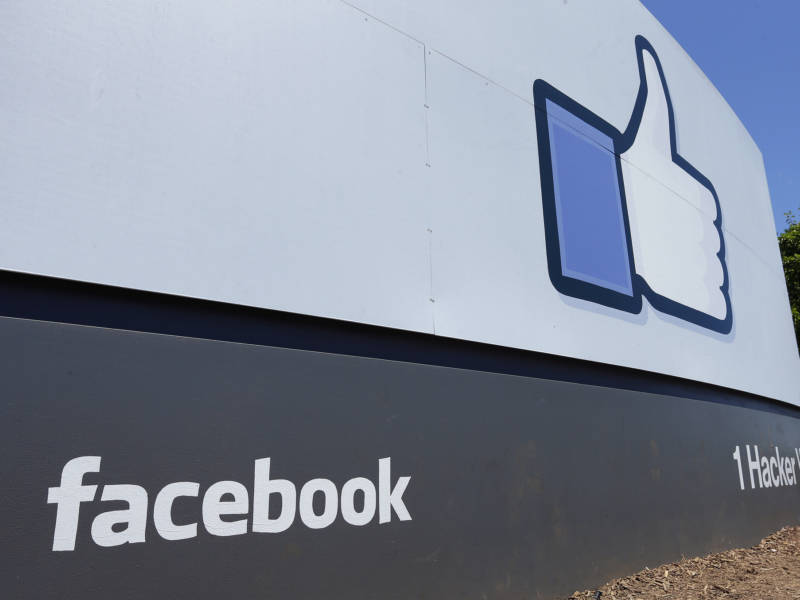"The idea that $5 billion is a slap on the wrist just doesn't pass the laugh test. It is an enormous amount of profits," he said. "[Facebook] didn't give it up easily. It is way higher than any case in U.S. history other than Deepwater Horizon [the Gulf of Mexico oil spill], where there was massive amounts of harm."
Data privacy harm is less tangible than oil spill harm. But the FTC says the $5 billion is for deterrence — to send a message to other tech companies. Kohm says Facebook fought against it, though the company didn't want to litigate.
The settlement comes as big tech companies such as Facebook, Google and Amazon face increased calls for regulation amid scrutiny over whether they're too big and powerful.
It follows by one day the Justice Department's announcement that its antitrust division is reviewing "whether and how market-leading online platforms have achieved market power and are engaging in practices that have reduced competition, stifled innovation, or otherwise harmed consumers." The department did not say which companies are under review.
The FTC's investigation of Facebook began more than a year ago in the wake of revelations that Cambridge Analytica, a firm that had worked with President Trump's 2016 campaign, had gathered personal data from up to 87 million Facebook users.
Facebook had been in negotiations with the FTC following concerns that the social media giant violated the 2011 consent decree in which it promised to give consumers "clear and prominent notice" when sharing their data with others and to get "express consent."
And on Wednesday, the company settled a case with securities regulators over the Cambridge Analytica matter. The SEC said Facebook "discovered the misuse of its users' information in 2015, but did not correct its existing disclosure for more than two years." Instead, the agency said, "Facebook continued to tell investors that "our users' data may be improperly accessed, used or disclosed.' "
"Facebook presented the risk of misuse of user data as hypothetical when they knew user data had in fact been misused," Stephanie Avakian, co-director of the SEC's Enforcement Division, said in a statement. "Public companies must have procedures in place to make accurate disclosures about material business risks."
Facebook told investors in April that it expected to pay a fine of up to $5 billion in a settlement with the FTC. By comparison, the company reported $55.8 billion in revenues and a profit of $22.1 billion last year.
Facebook is one of NPR's financial sponsors.
Zuckerberg faced hours of questioning in congressional hearings in April 2018 over the Cambridge Analytica scandal and how Facebook handled user data. "We didn't take a broad enough view of our responsibility, and that was a big mistake. It was my mistake, and I'm sorry," he told lawmakers.
Days earlier, Facebook Chief Operating Officer Sheryl Sandberg told NPR in an interview: "We really believed in protecting privacy. But we were way too idealistic. We did not think enough about the abuse cases."
In March 2019, Zuckerberg promised to bring encryption and self-destruct features to Messenger and other Facebook apps, in a move meant to signal the company's commitment to privacy.
Facebook denied reports in June 2018 that the company exposed its users' private information to other big tech companies as part of a plan to become ubiquitous on mobile devices.
Earlier this year, several groups that advocate for children's rights and privacy rights asked the FTC to investigate whether Facebook illegally enticed children to spend money on in-game purchases without their parents' consent.
And Facebook's plan to launch a digital currency has drawn skepticism from lawmakers, who cited the company's repeated missteps over privacy.
Copyright 2019 NPR. To see more, visit https://www.npr.org.



